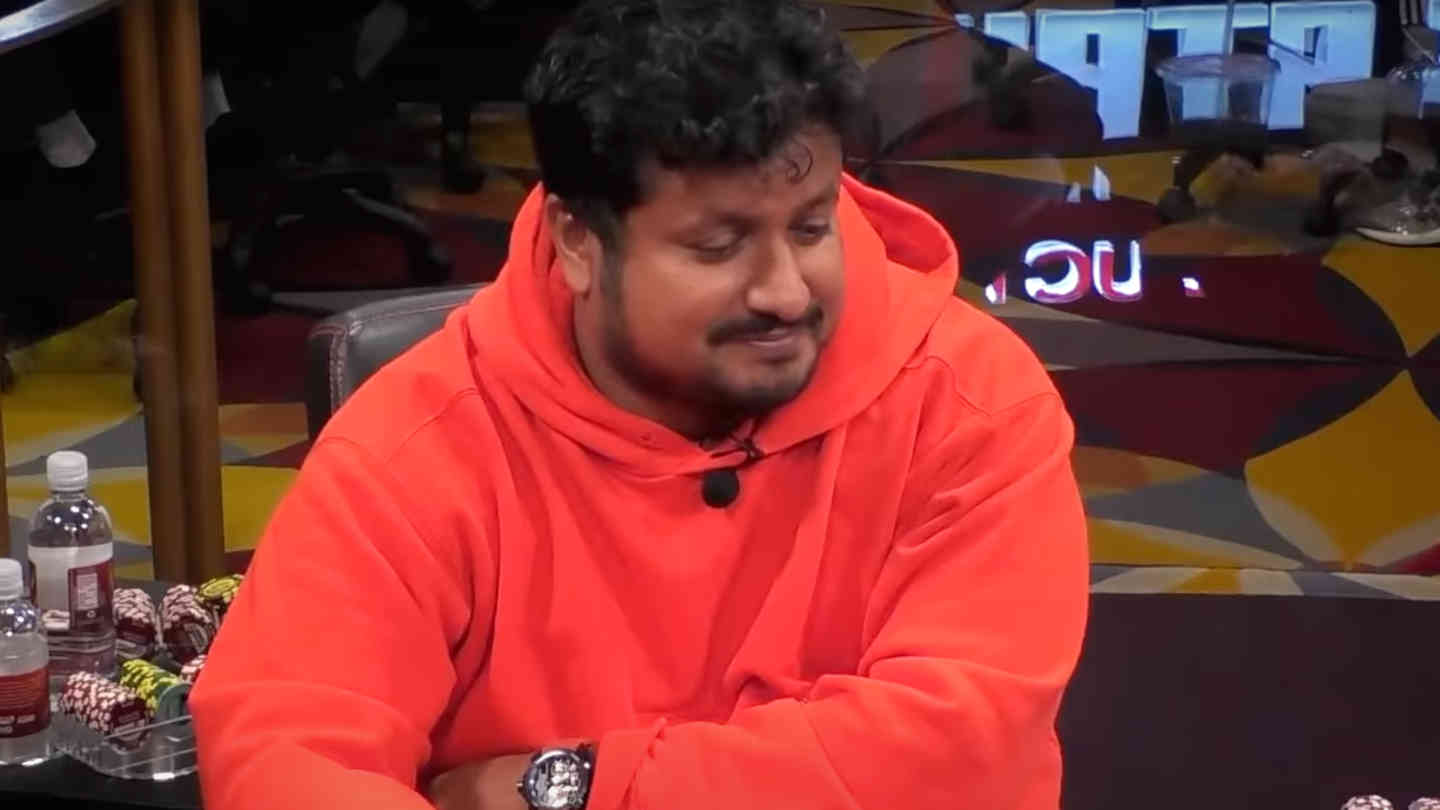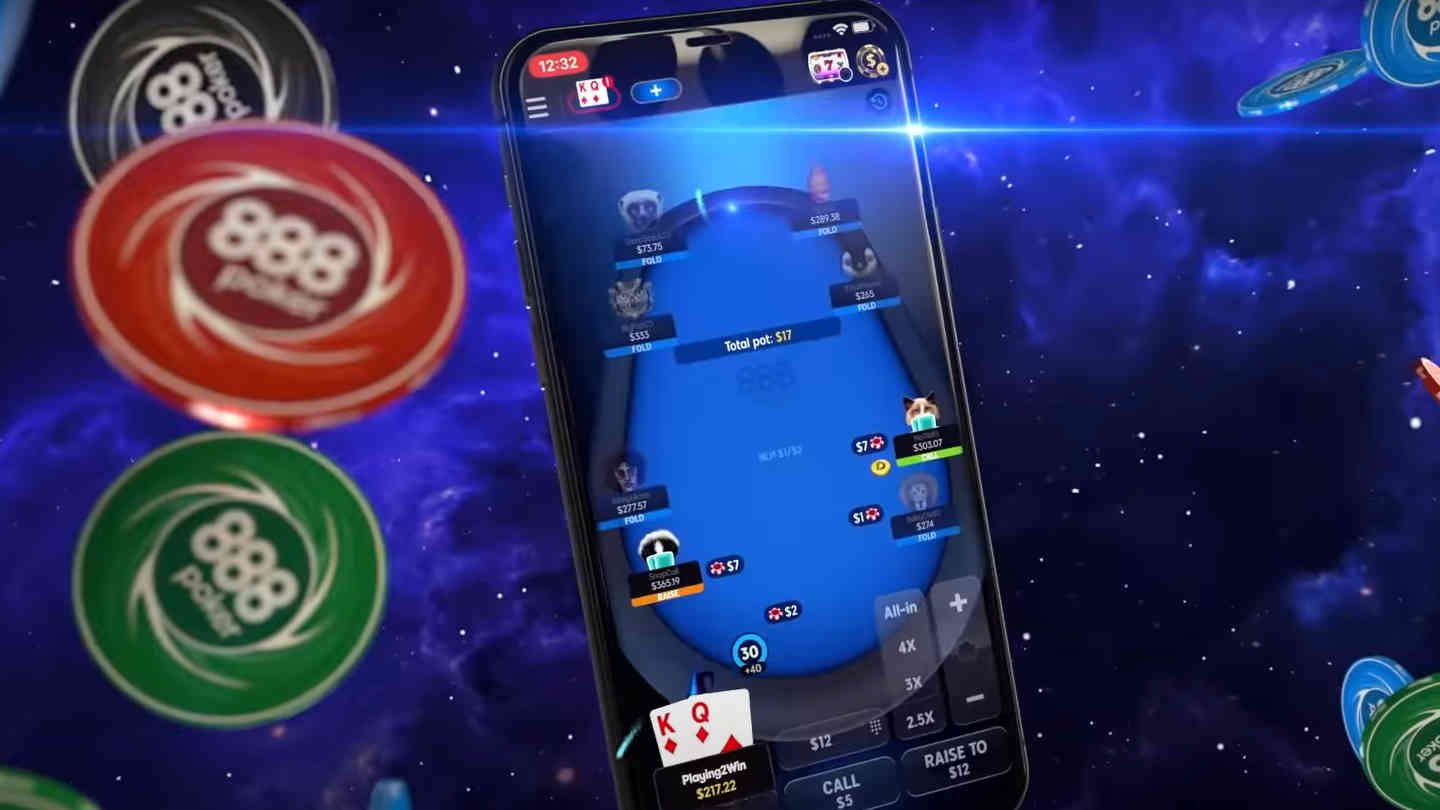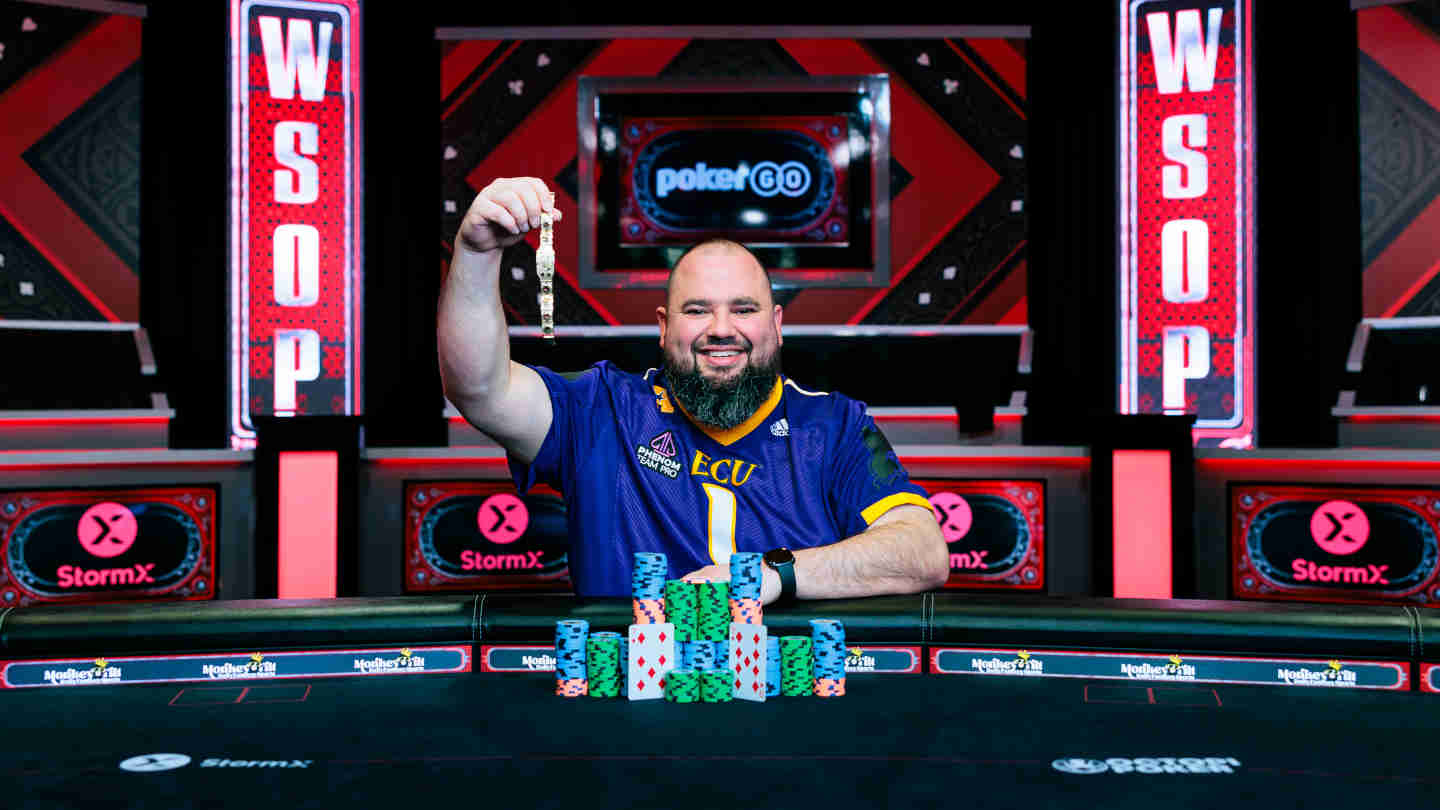How to Think About Poker Hand Ranges the Right Way
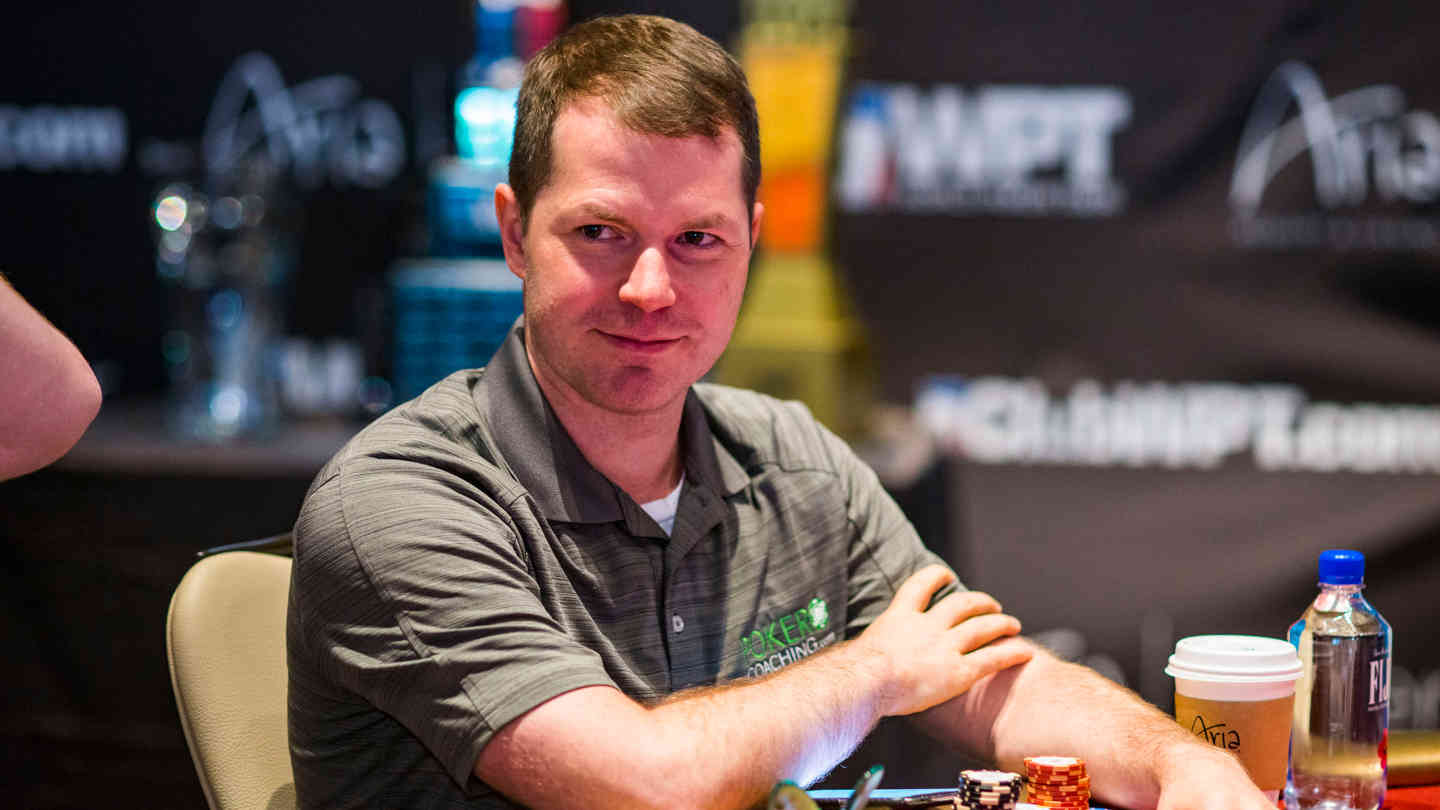
3 minutes
Last Updated: June 20, 2024
Figuring out what you’re up against is one of the most important pieces of puzzle in any poker hand. At the same time, you’ll almost never know your opponent’s exact two hole cards – it’s simply not how the game works.
Instead, to be successful, you need to learn to think in terms of all possible hands a player can have in a certain spot. This collection of hands that make sense based on actions and tendencies is what we call the poker range.
The range will narrow down as the hand progresses. You need to account for the betting action, sizes, and any knowledge you may have about the player’s specific as well as general player pool tendencies at the stakes you’re playing.
To become good at assigning ranges, you need to pay attention to what’s going on around you and actively think about hands, even when you’re not involved in a pot. In this article, I’ll offer some actionable tips on how to significantly improve this important aspect of your game.
–
Figuring Out a Range – An Example
The best way to explain how assigning ranges works is by using an example. Let’s say a fairly straightforward player raises on the button when you’re in the big blind.
Since you know the opponent in question is a solid and straightforward player, their opening range from the button is probably close to GTO and looks something like this.
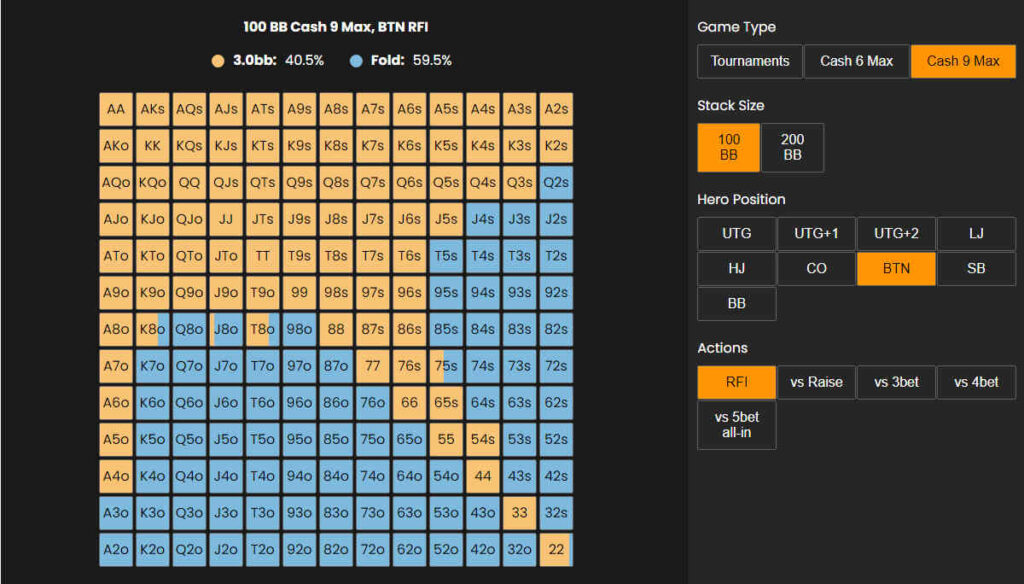
Of course, there might be some deviations from this chart, as they may have a few extra hands in there, or they may not be opening with the bottom of the range, but this is a very good starting point.
As you proceed to the flop and beyond, ranges will change and narrow down based on the board texture, betting action, and overall tendencies.
Say you call in the big blind, and the flop comes: K♠6♥2♦.
This is a fairly uncoordinated board, so when you check to them, you can assume they’ll be continuation betting with their entire range. If they do, while they’ll have quite a few hands containing a king or a different pair, they’ll also have a lot of air.
What this means for you is that this is the spot where you can start incorporating some check-raises, depending on what you expect they’ll call with. If they’re only calling with a pair of 6s or better, then you’ll be making a lot of money with this move.
But, in this specific situation, you opt to call, and the turn comes 8♣.
After you check, you can learn a lot about their range from their action. At the lower stakes, if they check back, this probably means they don’t have a top pair or better. Many players at these stakes tend to shut down after their c-bet gets called, and they don’t have a strong hand.
So, you can learn a lot about their range based on their actions and the general tendencies of the player pool.
If they continue betting, you can comfortably fold all your bluff catchers. If, on the other hand, they check back on the turn, this gives you an opportunity to put them in a tough spot with a big bet on blank rivers, knowing that their range doesn’t contain any hands better than a pair of 8s.
Practice Makes Perfect
The above example is somewhat simple and as you face better players, figuring out their ranges will become more challenging.
A good player will continue betting with some of their bluffs on the turn, and they’ll check back some top pairs to protect their range.
There is no magic formula here, but practice and experience will make you better.
At first, this will be challenging, especially in multi-way pots where ranges tend to be wider, and the action can get quite confusing. You’ll inevitably make a lot of mistakes at first, but this is perfectly fine.
With a lot of practice, you’ll become proficient at narrowing ranges, which will allow you to make more and more money.
The good news is that you can practice with every hand you’re dealt into for the rest of your life. So, you’ll have plenty of opportunity to practice, refine, and notice mistakes in your thinking process. The more you do it, the better you’ll get at it!








